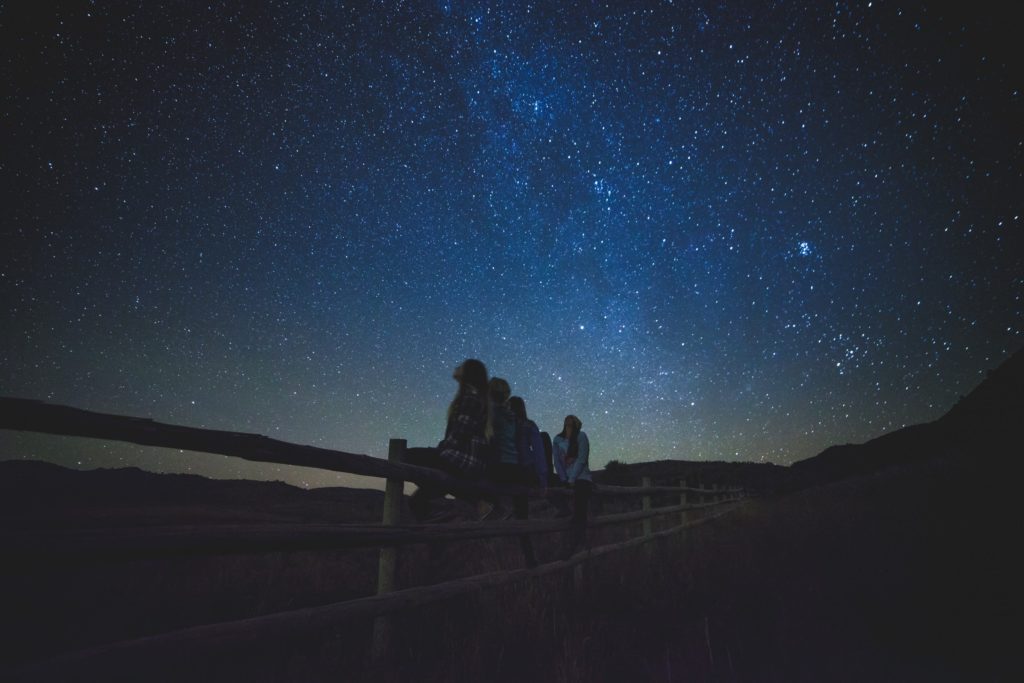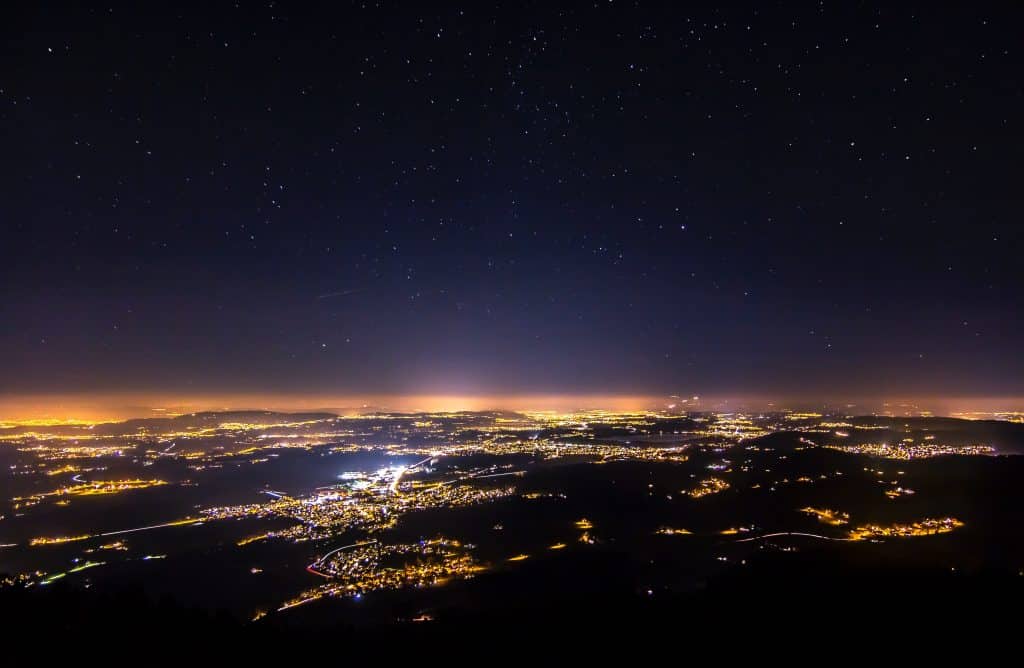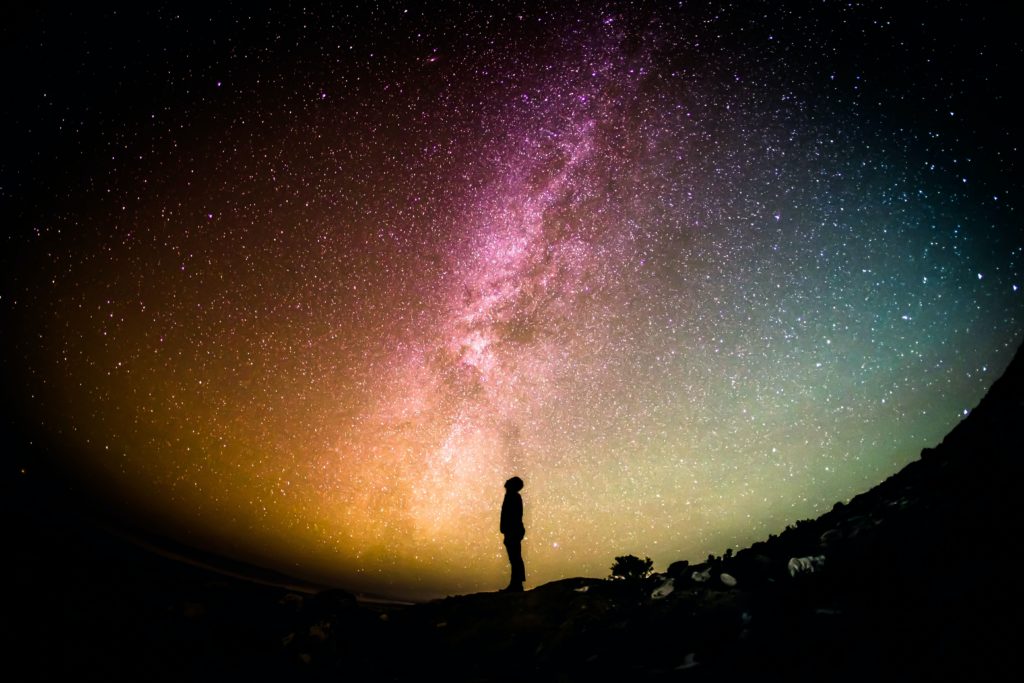United States (Washington)
“An unpolluted night sky that allows the enjoyment of the contemplation of the firmament should be considered an inalienable right of humankind equivalent to all other environmental, social, and cultural rights, due to its impact on the development of all peoples and on the conservation of biodiversity.” Declaration in Defence of the Night Sky and the Right to Starlight, La Palma, 2007.

From Shakespeare to Van Gogh, night walks under clear skies have long provided humanity with an inexhaustible source of inspiration and awe. And even though a wall may be all you’ll ever paint, you have a right to enjoy the wonders our home planet offers — including the “right to starlight.”
But today, 3 out of every 4 people living in cities don’t know what it means to be starstruck by the sight of the Milky Way across the sky. Not only light pollution translates into a cultural loss for humanity and affects our mental health, but it also severely disrupts ecosystems. Messing with natural diurnal patterns of light and dark means messing with the rhythm of life on Earth — from migratory patterns to hunting and competitive interactions, light pollution can cause physiological harm for plants and animals (including humans.) Plus, over-illumination translates into energy wastage.

Globe at Night is an international citizen-science campaign to raise public awareness of the impact of light pollution that invites citizen scientists to measure and submit their night sky brightness observations. All you have to do to participate is go outside at least one hour after sunset and start stargazing. Take note of how dark the sky is and find the faintest star you can see in specific constellations (you can use a constellation app to identify them.) When you’re ready, log your observations online in seconds.
The data collected by citizen astronomers is used to compile freely available maps of global light pollution. From researchers to activists and policymakers, the results of 200,000 measurements across 14 years are compiled in intuitive, interactive formats for anyone to use well beyond the astronomic field. In 2011, for example, Globe at Night data has been used in a study of the effects of artificial lighting on the foraging habits of bats.
With volunteers in 180 countries, Globe at Night is by far the most successful light pollution awareness campaign to date. On the website, you can find free resources such as educational activity guides, postcards, a customizable citizen science kit, as well as the mythologies of all the Globe at Night constellations.

AtlasAction: Learn about constellations and light pollution and defend your right to starlight. Start stargazing.
► Love helping research? Check out the best citizen science projects on the Atlas.
Project leader
NSF’s NOIRLab (National Optical-Infrared Astronomy Research Laboratory)
Support the Atlas
We want the Atlas of the Future media platform and our event to be available to everybody, everywhere for free – always. Fancy helping us spread stories of hope and optimism to create a better tomorrow? For those able, we'd be grateful for any donation.
- Please support the Atlas here
- Thank you!

